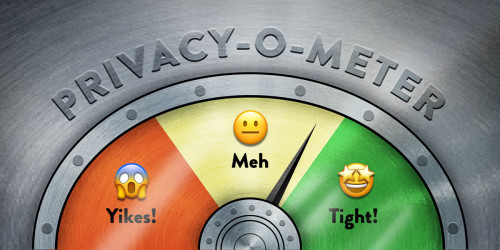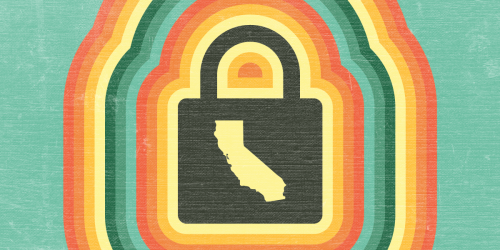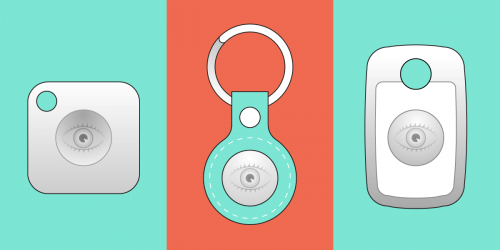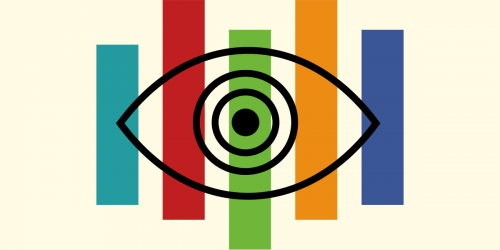Last month, California's state legislature passed a bipartisan, groundbreaking new law that would institute tough privacy safeguards for Radio Frequency Identification RFID chips embedded in state identification cards. Unfortunately, over the weekend Governor Arnold Schwarzenegger vetoed the Identity Information Protection Act and prevented Californians from gaining control over the personal information that will be broadcast by RFID-equipped drivers' licenses, library cards, and other important ID cards.
In his veto statement, Schwarzenegger claimed that the bill was premature, as the federal government has not released new technology standards for state drivers' licenses and other ID cards as part of the REAL ID Act. But this is precisely why California and other states should act now. The REAL ID Act mandates that drivers' licenses have "common machine-readable technology" on every ID. If the Department of Homeland Security decides that this "machine-readable technology" will be RFID, then citizens deserve a thoughtful and rational law to protect them from identity theft, covert tracking, and stalking.
While obviously disappointing, the fight's not over yet -- EFF and our partners will work hard to get this bill reintroduced and passed next year. The bill is sponsored by EFF, the ACLU, and the Privacy Rights Clearinghouse, and support came from groups ranging from the AARP to the California Alliance Against Domestic Violence to the Gun Owners of California.











